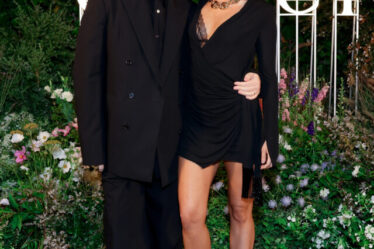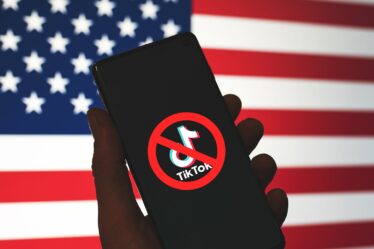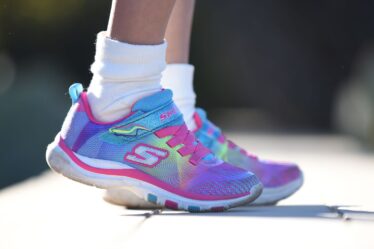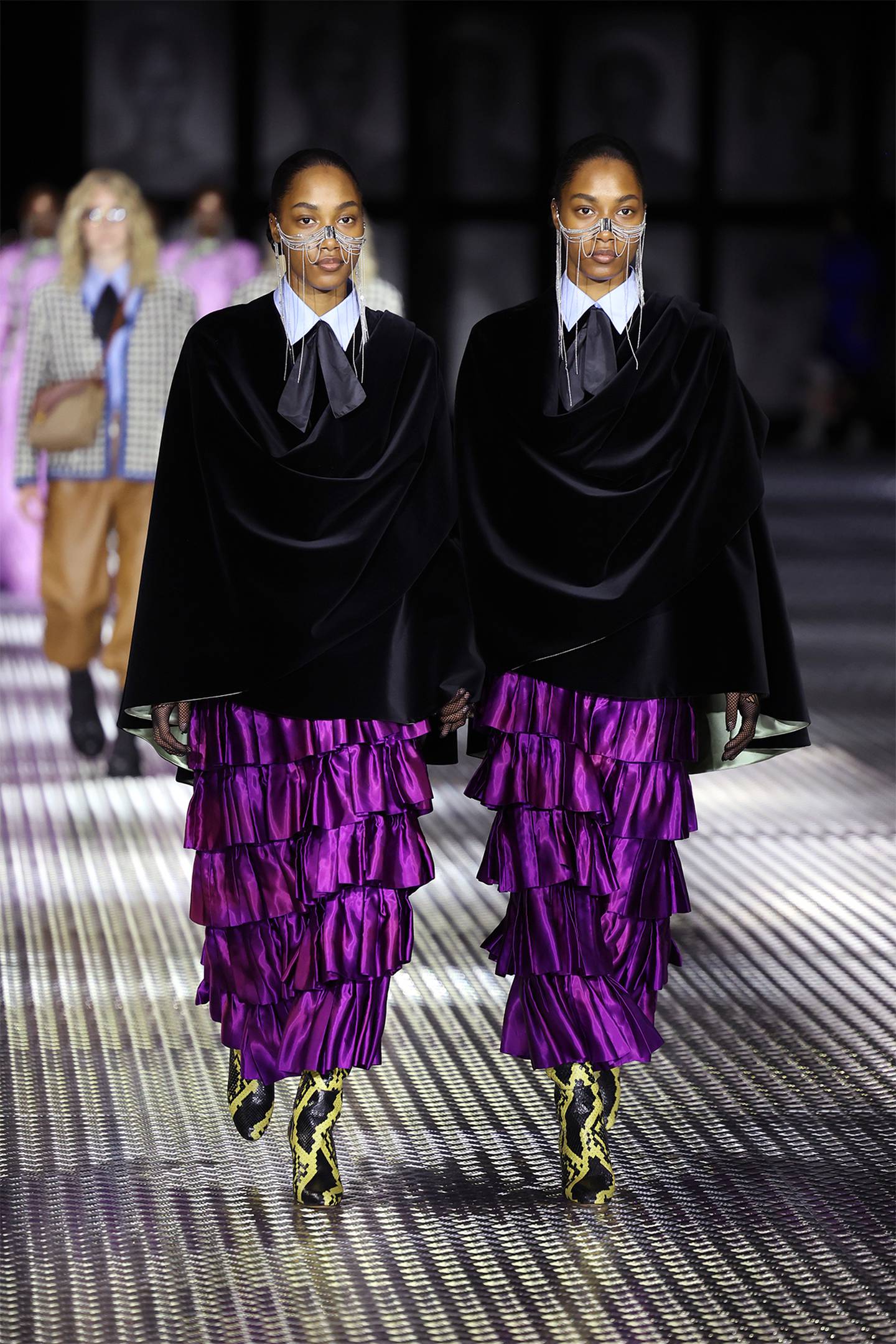
This week, Gucci announced it would part ways with its star designer Alessandro Michele, stunning many brand devotees and even fashion insiders.
“He was magic,” reality-TV star and drag performer Detox said on Instagram. “A true icon,” jewellery designer Alex Monroe chimed in. “Michele added a billion a year to Gucci and people still demand more,” fashion editor Alexander Fury wrote in a profanity-laced post responding to the move.
Others called out recent repetitiveness in Michele’s work, or welcomed a shift away from “circus fashion”. For months, Gucci and its parent company Kering had laid the groundwork for a potential transition — bolstering its design ranks with a new chief merchandising officer and expanded studio team while citing the need for a positioning that’s more luxurious and more timeless (read: less maximalist and designer-driven).
From 2015 to 2019, under Michele and CEO Marco Bizzarri Gucci delivered the most successful turnaround in the history of the luxury industry, fuelled by a 360-degree rebrand that went all-in on the designer’s campy magpie aesthetic. Sales more than doubled while profits quadrupled at the brand, which drove the fashion agenda and helped usher in a new generation of young luxury consumers drawn to its sporty styles and bold merchandising.
Was Kering wrong to want more? To be sure, Gucci experienced a heavier hit than most rivals during the pandemic and took longer to get sales back to pre-virus levels. This was in part due to a higher exposure to struggling channels like wholesale, off-price and travel retail. But as the company succeeded in scaling back that exposure, Gucci’s continued underperformance versus peers became harder not to see as a sign that consumer interest for Michele’s aesthetic was fading.
Gucci is expected to cross a major threshold this year as analysts forecast sales of €10.75 billion, up around 10 percent year-on-year. But the broader luxury market is estimated to grow almost twice as fast, up 22 percent this year, according to Bain.
While fashion watchers often love to parse leading indicators like social media buzz or brand rankings by the likes of Interbrand and Kantar (where Gucci has continued to thrive), topline growth is often seen as the most reliable arbiter of brand interest, particularly by markets. As Italy’s biggest fashion brand, and luxury fashion’s third biggest name overall (trailing just behind Louis Vuitton and Chanel), Gucci is expected to outgrow the market using its near-unparalleled resources for marketing, innovation and investment. Seen through the lens of slower-than-average growth, therefore, Gucci’s record sales could actually suggest a brand that is losing heat.
Underperforming rivals may be particularly undesirable from Kering’s point of view, as the company has positioned itself as a high-growth operation while fighting hard to stake its turf in real estate, design and marketing in competition with the towering budgets of sector-leader LVMH.
Potential projects to keep bolstering its position — the group has explored major acquisitions like Moncler, Prada or Burberry, or even a mega-merger with jewellery-focused conglomerate Richemont — will depend on high levels of support from the market. A lower valuation would mean less-favourable financing for an acquisition, or fewer board seats following a merger.
Michele, too, could be on to greener pastures. The designer had spoken about being increasingly worn out by his position at the Italian megabrand — and this was before the company announced it would bolster novelty by implementing a full return to the fashion calendar with 6 collections per year (menswear and womenswear had usually been shown together during his tenure). As one of the industry’s most successful living creators, it’s doubtful that we’ve heard the last of him.
Financial analysts, for their part, welcomed the move. “Gucci is suffering from brand fatigue… It needs to open a new creative chapter,” Bernstein’s Luca Solca said. “After seven years in charge of Gucci’s creative engine, it may well be time for a change,” RBC Capital Markets analyst Piral Dadhania wrote, adding that investors believed “a new approach is required to re-ignite the brand.”
Still, market reaction to the news was muted: Kering’s stock rose 2 percent in early morning trading Wednesday before quickly giving up gains. Shares ended the week flat, and are still trading 23 percent lower than at the start of the year. It seems likely that investors — like buyers, critics, and fashion fans — will remain in a holding pattern regarding Gucci until a new creative direction is revealed.
And what should Gucci do next?
Kering has honed a playbook of leaning on brand insiders, or first-time and emerging creative directors to put a bold new spin on its brands. Michele’s Gucci or Sarah Burton’s Alexander McQueen exemplify the former approach; Daniel Lee’s revamp of Bottega Veneta or Demna’s Balenciaga illustrate the latter.
Reigniting today’s Gucci could be a more challenging mission than previous turnarounds, however: Michele’s decadent take on the brand often involved layering many brand signatures from its various creative eras at once. Finding a fresh foot to put forward from within the brand’s archives won’t be easy.
On the other hand, a team tasked with generating bold, new design ideas — as was the brief for Lee at Bottega Veneta — would surely excite the market. But using novelty to drive a €10 billion-per-year mega-brand is a riskier endeavour than at a €1 billion house like Bottega Veneta. At Gucci’s current scale, the brand will need to walk the tightrope balancing fashion excitement and long-term desirability.
For now, Gucci is sticking with the “timelessness” brief, leaning on its expanded studio team and new merchandising director to steer the ship until a successor is announced.
THE NEWS IN BRIEF
FASHION, BUSINESS AND THE ECONOMY
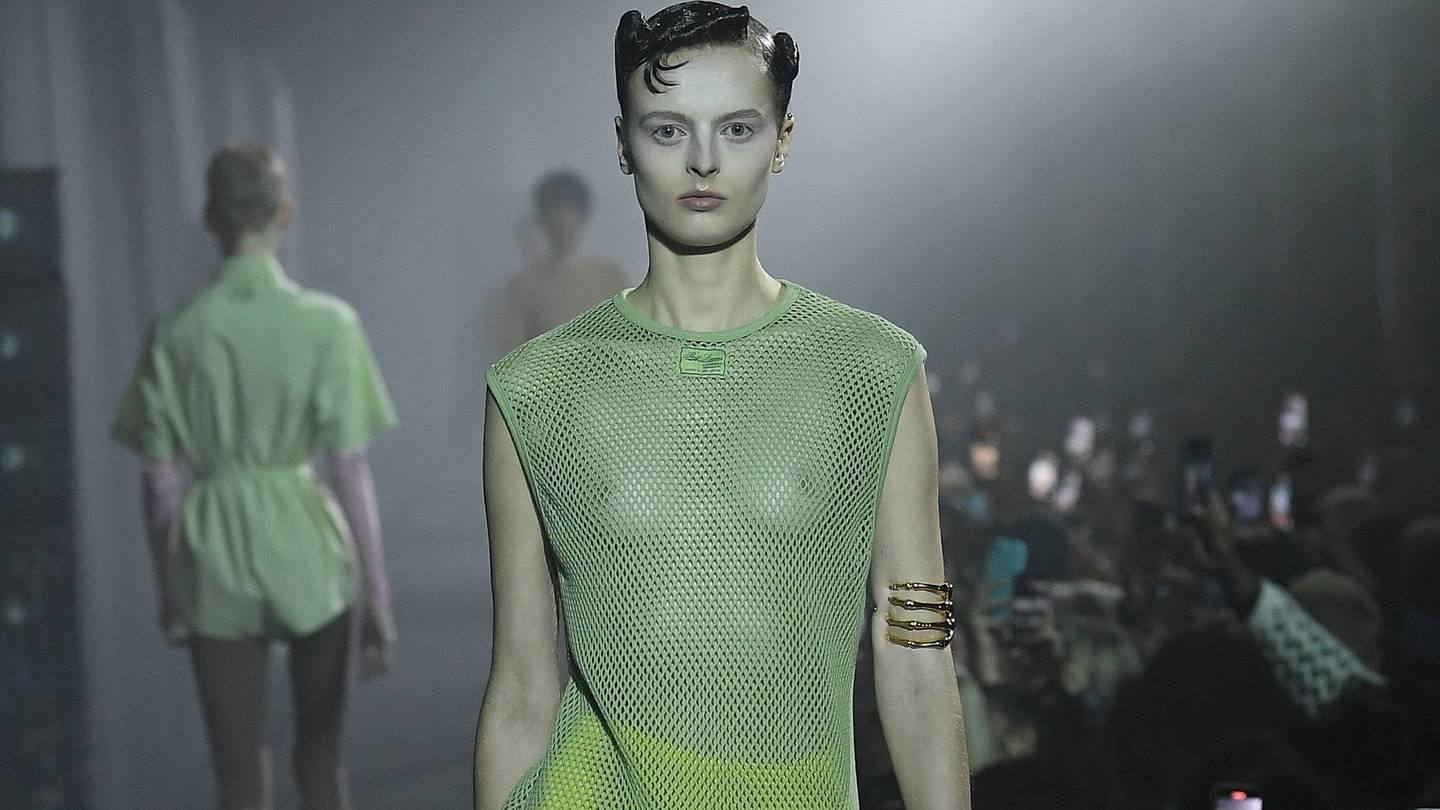
Raf Simons is closing his label. The Spring/Summer 2023 collection shown in London in October will be the label’s last, Simons said in a statement posted on Instagram Monday.
Balenciaga apologises after accusations it sexualised children in ads. The label deleted photos featuring children holding teddy bears clad in what appeared to be bondage gear after the images generated outrage on social media.
Louis Vuitton scores the most ‘likes’ on Instagram ever with viral football campaign. The Annie Leibovitz-lensed luggage campaign harnessed the power of football superstars Cristiano Ronaldo and Lionel Messi.
Adidas investigates claims Kanye West mistreated employees. Allegations have continued to mount about the rapper’s erratic behaviour and treatment of designers and other employees at Adidas, whose collaboration with Ye was once one of the most successful in the industry’s history.
Vestiaire Collective bans fast fashion. Roughly 5 percent of listings will be hit by the move, the resale site said, as it seeks to position itself as an eco-conscious player at the upper end of an increasingly competitive market.
Nordstrom cuts profit forecast on soaring costs. The company’s total revenue fell to $3.55 billion in the third quarter, from $3.64 billion a year earlier.
Abercrombie sees better holiday-quarter sales, posts surprise profit. Chief executive officer Fran Horowitz said the company expects the fourth quarter to “mirror more pre-pandemic” holiday.
Frasers Group acquires Gieves & Hawkes. The acquisition will secure the 250 year-old brand’s long-term future, said Frasers chief executive officer Michael Murray.
Primark to invest £140 million in store estate. The budget retailer said the investment will include the opening of at least four new stores and will create at least 850 jobs.
Hong Kong loses top ranking for luxury shopping to New York. Manhattan’s Upper Fifth Avenue is now the priciest street globally for shopping, according to a survey by commercial property firm Cushman & Wakefield Plc. Hong Kong’s Tsim Sha Tsui district comes second, followed by Italy’s Via Montenapoleone in Milan.
UN COP27 summit ends with last-ditch deal for historic climate damage fund. The talks in Egypt ended with an agreement to support poorer countries in paying for the harm caused by climate change.
PEOPLE
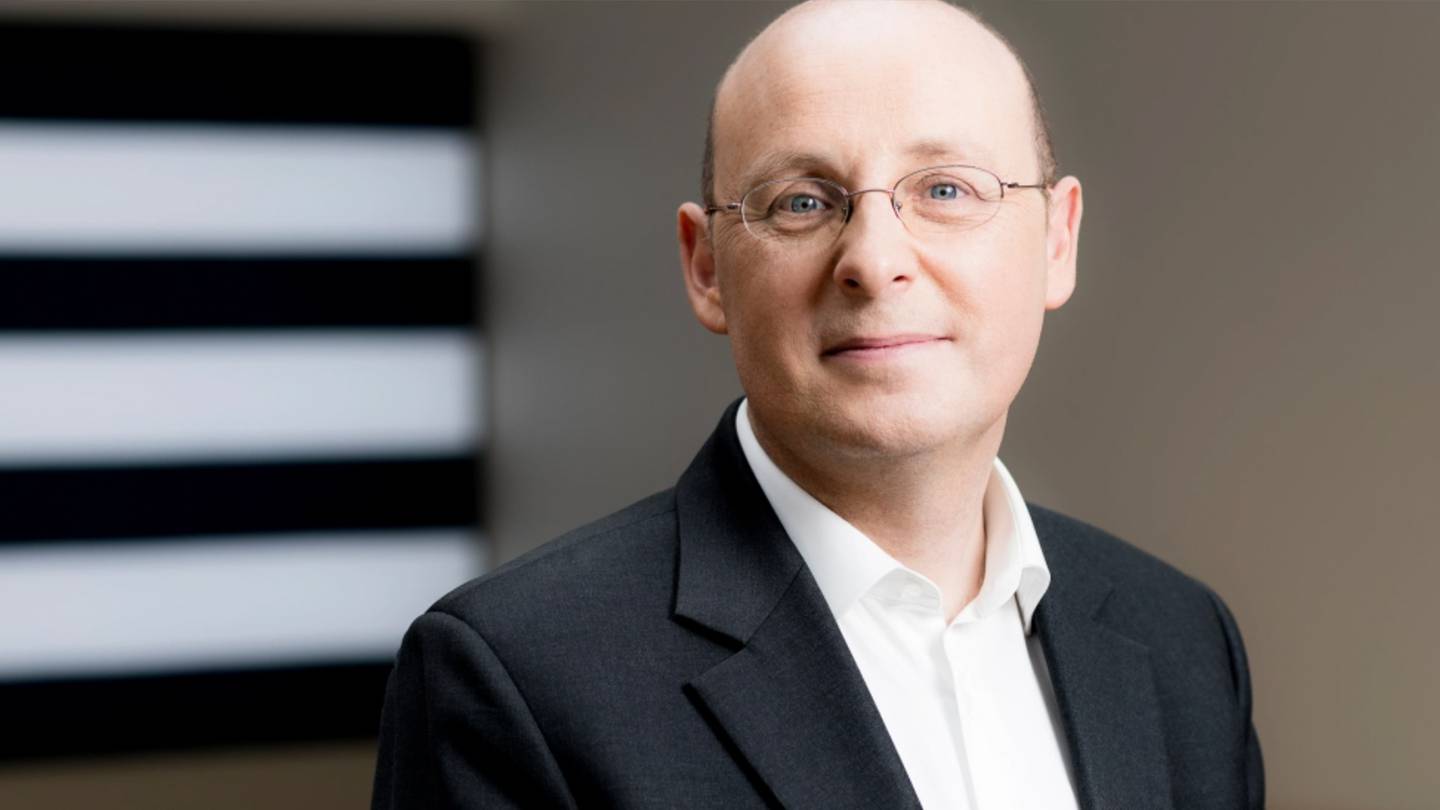
Sephora names Guillaume Motte CEO. The former deputy chief executive of LVMH Fashion Group succeeds Chris de LaPuente, who took over in June. Motte’s appointment comes as Sephora re-enters the UK market.
Woolmark Prize names 2023 finalists. The Australian-based fashion prize for young talent picked A. Roege Hove, Bluemarble, Lagos Space Programme, Marco Rambaldi, Maxxij, Paolina Russo, Rhude and Robyn Lynch as finalists for its 2023 award.
MEDIA AND TECHNOLOGY
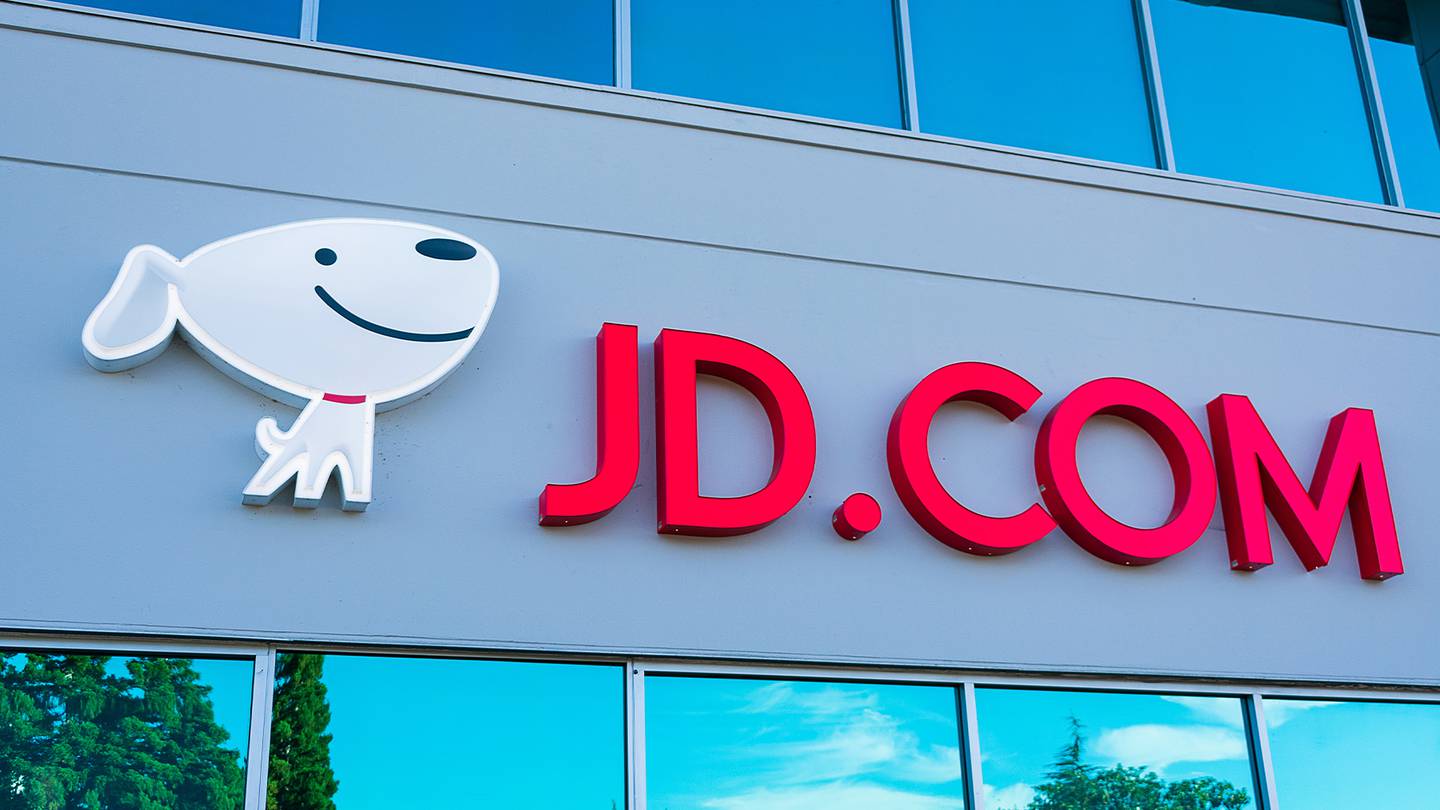
JD.com to slash top exec salaries amid China’s ‘common prosperity’ push. The e-commerce giant said on Tuesday it would cut the salaries of more than 2,000 senior managers by 10 percent to 20 percent next year.
China’s Fosun seeks to sell stake in Alibaba’s logistics arm Cainiao. Fosun has appointed a financial adviser to run the sale of its stake of less than 5 percent in Cainiao and the plan is at an early stage, according to sources familiar with the matter.
Compiled by Darcey Sergison.

